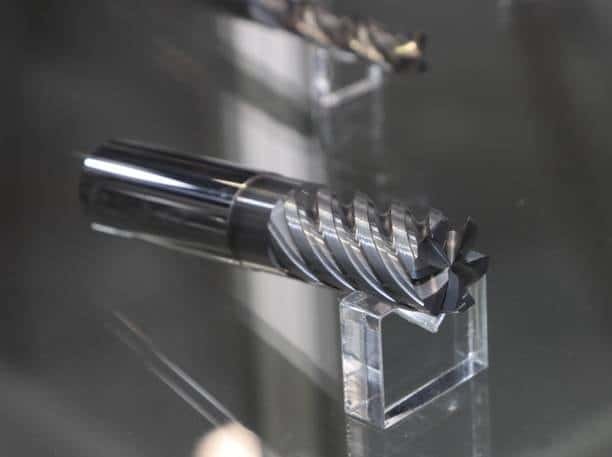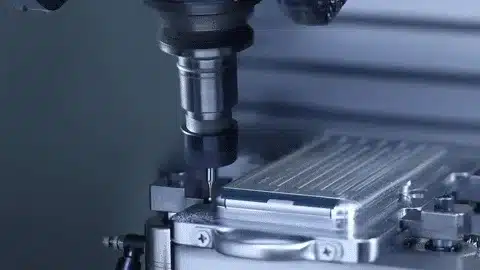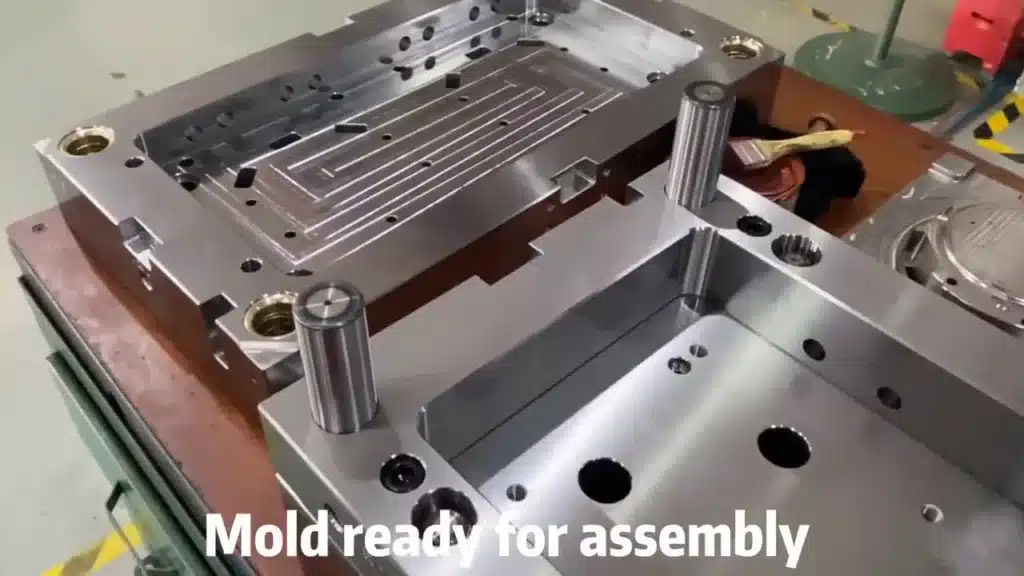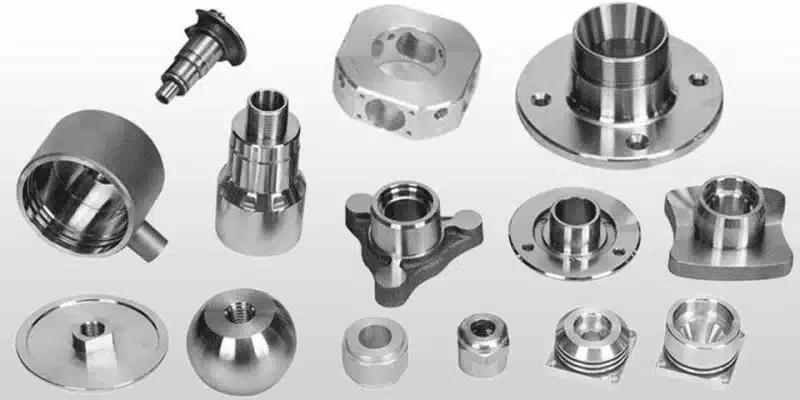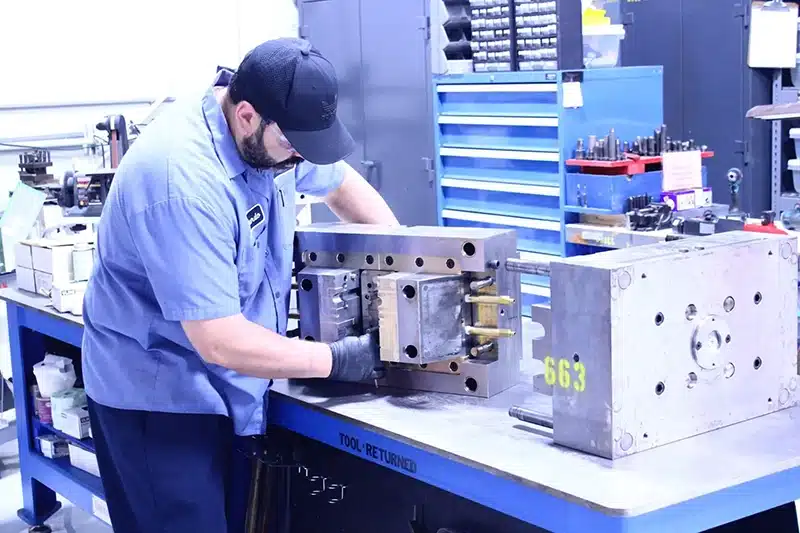Titanium is a sought after manufacturing material in manufacturing, and an excellent metal with remarkable strength to weight ratio, corrosion resistance, and ability to tolerate heat. CNC machining is the process of choice for precision manufacturing of titanium. This article delves into titanium alloys and CNC machining intricacies such as the challenges encountered, the techniques used and benefits provided.
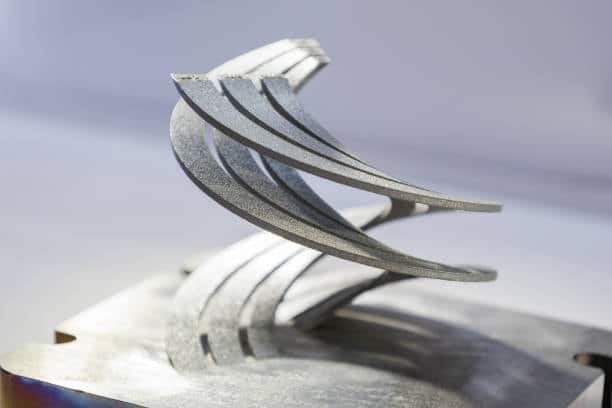
Titanium alloys, namely, Grade 5 (Ti-6Al-4V), Grade 2, and Ti-6Al-4V ELI are widely used in CNC machining because of its high strength, low density, and protection from corrosion in severe conditions. These alloys are common to aerospace, medical, and automobile uses where high performance components are needed. However, machining titanium suffers from various challenges such as the tendency of producing excessive heat, which may result in tool wear as well as distortion. To achieve this, the special techniques like slow cutting speeds, high performance of carbide tools, and application of coolant and lubrication are used to ensure the requirement of precision and avoid damage to materials. Even with such difficulties, the fact that titanium can be machined with high precision guarantees that complex parts are processed with the desirable strength and reliability which makes it a worthwhile material in critical industries.
Why Choose Titanium for CNC Machining?
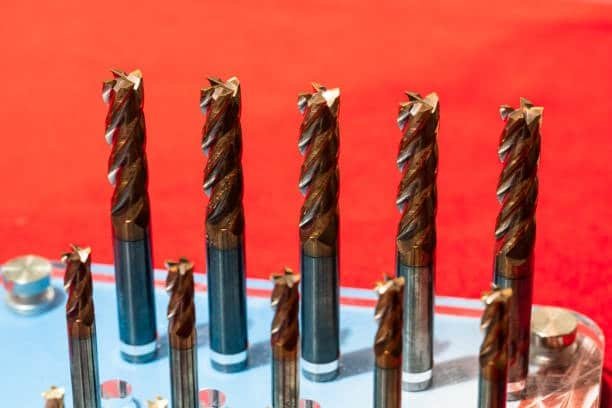
Albeit a tough material to work on, titanium is a beneficial proposition for precision machining. High strength and low density of harder titanium alloys makes it preferable for aircraft components that need not only lightness, but also robustness in various industries . There are a number of key benefits and reasons why titanium grades should be used in CNC machining including:
- High Strength-to-Weight Ratio: Titanium is as strong as steel, but far lighter, and therefore, suitable for high strength application without adding weight.
- Corrosion Resistance: Titanium is unusually resistant to corrosion by sea and many industrial chemicals, thus fitting for parts subjected to hostile conditions.
- Heat Resistance: Titanium retains its strength at high temperatures, which makes it suitable for aerospace and automotive applications due to excess heat at the parts involved.
- Biocompatibility: Titanium is biocompatible, which means that it is excellent for medical devices and implants because non-toxicity is important here.
Though these benefits are presented, Machining pure titanium can lead to a built up edge, making it not straightforward and calls for a sharp tool, special cutting tools, equipment, and methods being used.
Challenges in Titanium CNC Machining
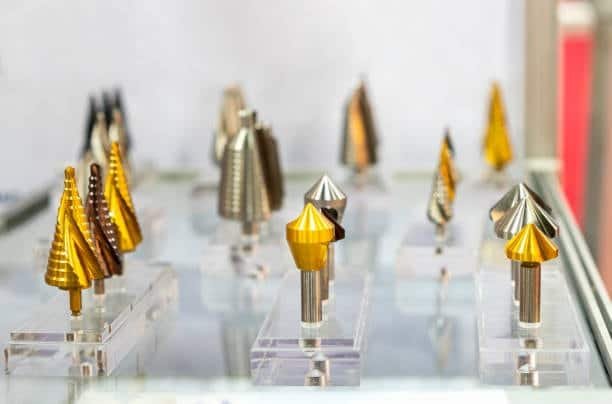
Titanium may appear as a suitable material to machine, especially for high temperature applications but it has its particularities when it comes to CNC machining. The toughness and hardness of the metal, along with the requirement for high torque, demand care in the following:
- Tool Wear: Titanium’s hardness may lead to rapid wear of a jobbing tool and high heat generation during machining. This requires the use of high quality cutting tools made from such things as carbide materials which are designed to cope with the harsh conditions.
- Heat Generation: A poor thermal conductivity in Titanium means that generated heat during machining is not dissipated readily. This causes high temperatures that could spoil the quality of the part and tools too. Techniques that cool and lubricate are necessary for avoiding heat buildup while maintaining quality of the part.
- Chip Formation: Titanium creates long, stringy chips while machining which may wrap around the tools and complicate the machining process. It is essential to cater for effective management of chip formation in ensuring smooth running and prevention of tool breakage.
- Surface Finish: To grind a smooth surface finish on titanium is tougher to do than on other metal because titanium tends to work-harden during machining. The optimized cutting parameters must be used to eliminate surface imperfections.
Techniques for Machining Titanium
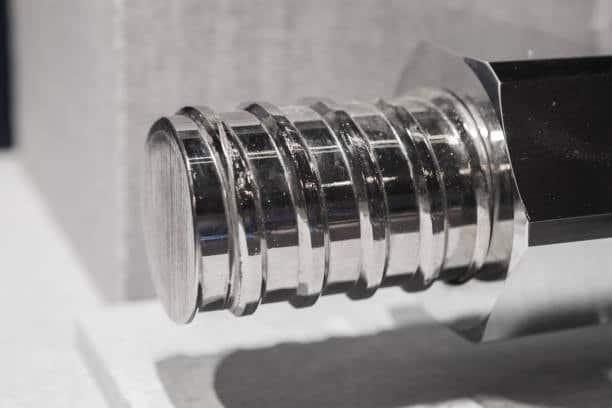
During the process of machining titanium, special techniques have to be used to optimize the cutting tool in order to overcome tool plaguing issues, which lead to excessive heat build-up and chip management. Some of the vital methods are high pressure coolant, which helps manage heat effectively, especially when dealing with more heat:
- Cutting Speed and Feed Rates: To avoid non-essential heat buildup, there should be lower cutting speeds and feed rates while machining the titanium. Lower speeds minimize risk of overheating that can impair the material’s properties as well as the length of the tool.
- Coolant and Lubrication: Correct coolant and lubrication method will be important when machining titanium. Infiltrating the coolant in cutting zone dissipates heat, reduces friction, and improves chip evacuation. To cool effectively a mist or through tool system is applied in certain cases.
- Tool Selection: Carbide and coated tools are the best alternative in titanium machining due to the high temperatures that can be achieved and excellent wear resistance. Also, tools that are sharp with a cutting edge are necessary in reducing the cutting forces and avoiding the material from work hardening.
- Optimizing Depth of Cut: Use of shallow depths of cut should be employed to reduce forces on the cutting tool. This decreases the chances of failure of the tools but at the same time retains the capacity of removal of effective material.
- Clamping and Fixturing: Titanium is prone to distortion when clamped, thus it is mandatory to provide proper fixturing to clamp the part firmly without causing it any stress or distortion. Soft jaws and vibrate dampened clamping fixtures may be used to support them during machining.
Benefits of Titanium CNC Machining
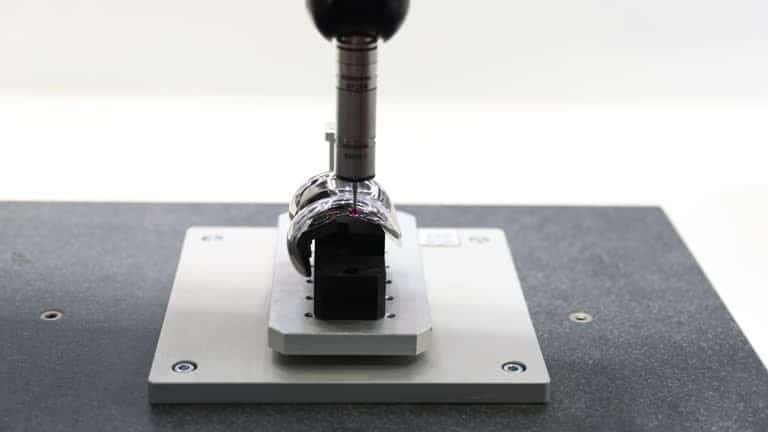
Despite the difficulties, CNC sketching of titanium, especially due to its excellent corrosion resistance, presents different benefits, such as high tensile strength, and is an essential process in high-performance manufacturing:
- Precision and Accuracy: The CNC machines can reach extremely tight tolerances which is important for such industries as aerospace for instance where precision is the basis of everything. Complex geometries can be achieved with high accuracy through machining of titanium parts.
- Customization: CNC machining can ensure high levels of customization during the making of titanium parts. Whether it is designing complex patterns for medical implants or designing parts for use in aerospace, CNC machining allows production of many different complicated components.
- Repeatability: CNC machines provide excellent repeatability, which means each of the titanium parts will be manufactured to the same quality and performance standards. Focusing on the consistency needed is particularly important for industries where consistency is key.
- Cost effectiveness in small/medium runs: Although titanium is expensive and difficult to machine, CNC machining provides a useful way of producing small through medium size production runs of titanium components of high quality when compared to traditional methods of manufacture.
Applications of Titanium CNC Machining
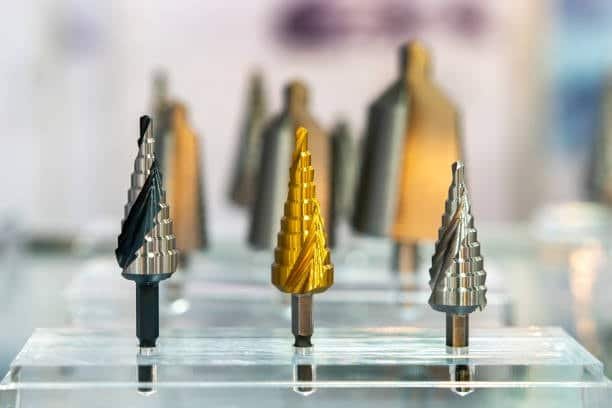
Titanium is used in various marine industries; CNC machining is essential in the production of titanium components. Among the major applications, including marine applications, are as follows:
- Aerospace: Titanium is a must for summers and warming waters of air compressors and turbines of jet engine; because of the high strength and heat resistance demanded of component such as turbine blades and engine parts as well as in structural elements in aircraft industry.
- Medical Devices: Titanium’s biocompatibility ensures the metal is an ideal medical implant, prosthetics and surgical instrument material.
- Automotive: Titanium is used in the automotive world, in high performance applications such as exhaust, and engine components where the weight reduction is very essential, as well as strength.
- Military: Titanium is also used in military applications for lightweight durable parts that can cope in extreme conditions viz: body armor units, missiles parts and parts of the aircraft.
Conclusion
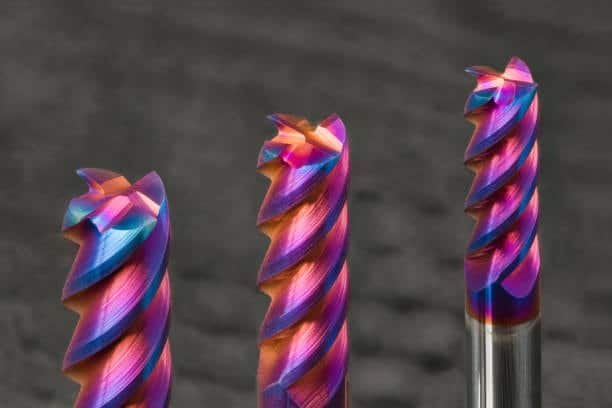
Titanium CNC machining is a specialized and elaborate process and extensive attention must be paid to the attributes of the material used in this process. In spite of hardness, heat generation, and the propensity of titanium to cause tool wear, current titanium machining methods and alloys , coupled with appropriate tooling including titanium aluminum nitride coatings and considerations for tool deflection can efficiently produce high performance titanium parts. The advantages of the titanium include its high corrosion resistance, strength-to-weight ratio, excellent ductility, and an impervious resistance to corrosion, which make it the premier choice for high-level applications in aerospace, medical equipment, automobile, and military industries.

